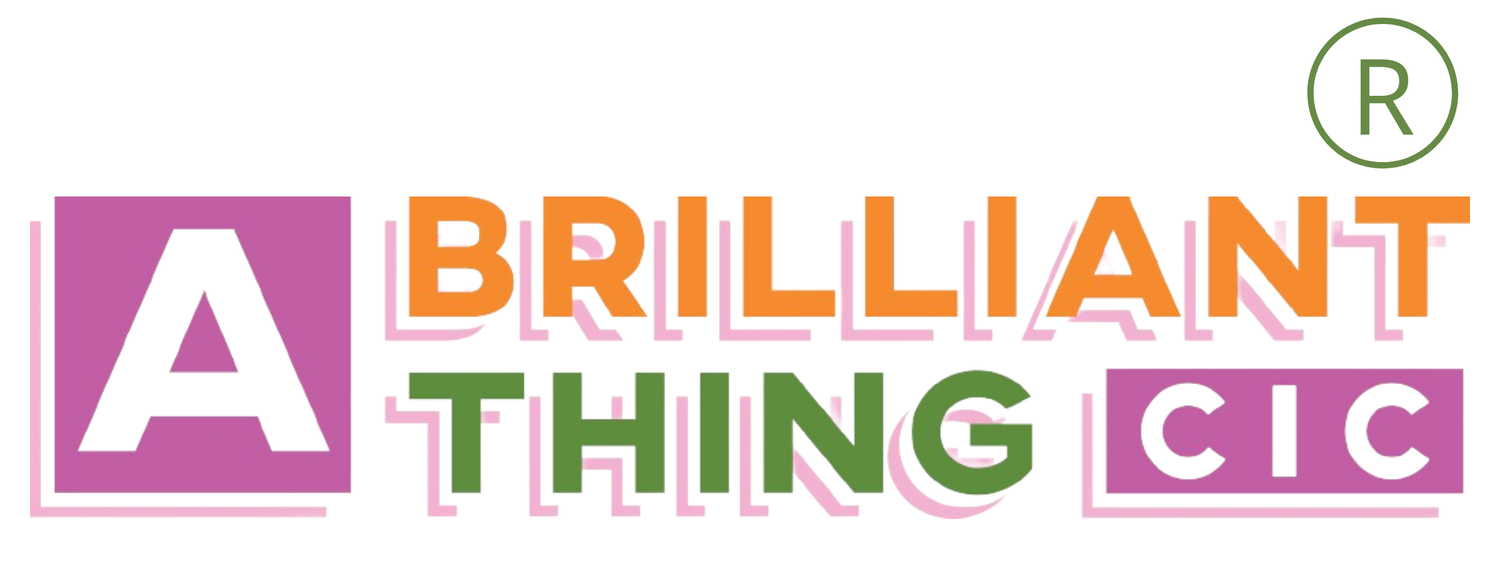What makes a brilliant work culture?
When you bring people together, in a team, a community, or in an organisation there is something that starts to develop in between the individuals. It is created by the group, often unknowingly, and it affects behaviour, actions and outcomes. No-one person owns it but everyone can shape it. Its grows and evolves and changes. What is this intangible phenomenon? Its group culture.
Your personal culture may be shaped by your upbringing, societal norms, customs and experiences. You may feel a sense of belonging in a number of overlapping cultures. Your group culture at work is a complex gathering that weaves together you and your colleagues personal cultures, along with the values, norms and ideas of the organisation.
Strong work cultures bring valuable benefits of increased productivity, better relationships and improved outcomes. Brilliant work cultures are the holy grail of modern organisational development, so why do so many organisations face a culture crisis?
London, UK; 23rd August 2021: 42% of employees think the culture of their organisation has deteriorated since the pandemic. Research by StaffCircle,
With the complexity of bringing together multiple people together, on and offline who are often tackling societal issues exacerbated by the health crisis, cultivating better cultures has to become a priority for the non-profit and public sectors.
You might expect that a culture made up of similar people, with matching personal cultures that ‘fit’ with the organisations desired culture, would solve a culture crisis. Or that the management just need to reinforce the expected behaviours, or educate staff about values.
Unfortunately these shortcuts are not only unsuccessful, they can damage a struggling culture further. Matthew Syed warns of this danger in his book Rebel Ideas: The Power of Diverse Thinking
“…Think how comforting it is to be surrounded by people who think in the same way, who mirror our perspectives, who confirm our prejudices. It makes us feel smarter. It validates our world view.. these dangers are as ancient as mankind itself.”
Cookie cutter cultures are dangerous. ‘Groupthink’ can reinforce prejudice, encourage bad decision-making and drive out innovation because the desire for group cohesion is stronger than the desire for fairness, accountability or accuracy. When we are all the same in a team we miss out on valuable different perspectives, potential improvements and often all into traps that we couldn’t see with our group-glasses on.
I once worked in a company where the boss would stop people in corridors and make them recite the company mission. It terrified me, reminding me of a French teacher who loved France and would loudly and suddenly tell people to stand up and deliver French verse. Whilst I admire the commitment and agree that a shared understanding of the work we do is vital, the method of getting everyone on the same page feels closer to culture crisis than culture building. I got an A* in French then immediately forgot it all, low level trauma is not conducive to positive culture-making!
The most impactful way to create a brilliant culture is to stop focusing on the who, what and why and start focusing on the how.
How we interact with each other is the most telling indicator between a thriving culture and one that is just about surviving. Its in the moment by moment interactions that we build relationships. The words we say, the actions we take, the attention we give, the listening we offer, the questions we ask, the time we spend.
When these interactions match our organisational values a sense of trust builds. When our interactions encourage difference and help us work together through challenges, then diversity of thinking produces deeper, innovative work. When we model empathy, honesty and respect in multiple tiny ways, it causes a cumulative way of being that permeates through a team.
This belief leads me to some, maybe surprising, perspectives.
When hiring, openness and a desire to learn is far more important than the skills possessed or if they ‘fit’. In fact I’d say actively avoid people who will fit right in and instead seek difference and new ideas. Creating cross organisational spaces matters, where people discuss things that matter to them or affect everyone across team boundaries. Ritual is important, regular check ins, team celebrations, reflective sessions, when we are all different, we can gain a sense of belonging and shared purpose through the regular ways we show up and connect.
The first step is always to notice. Notice the interactions between people, look for patterns, these are your norms. Notice how aligned these norms are with your values, your cause or mission.
Notice your own behaviour, how are you contributing to the group culture?
Interested in developing brilliant organisational culture? Take a look at my team coaching services here

